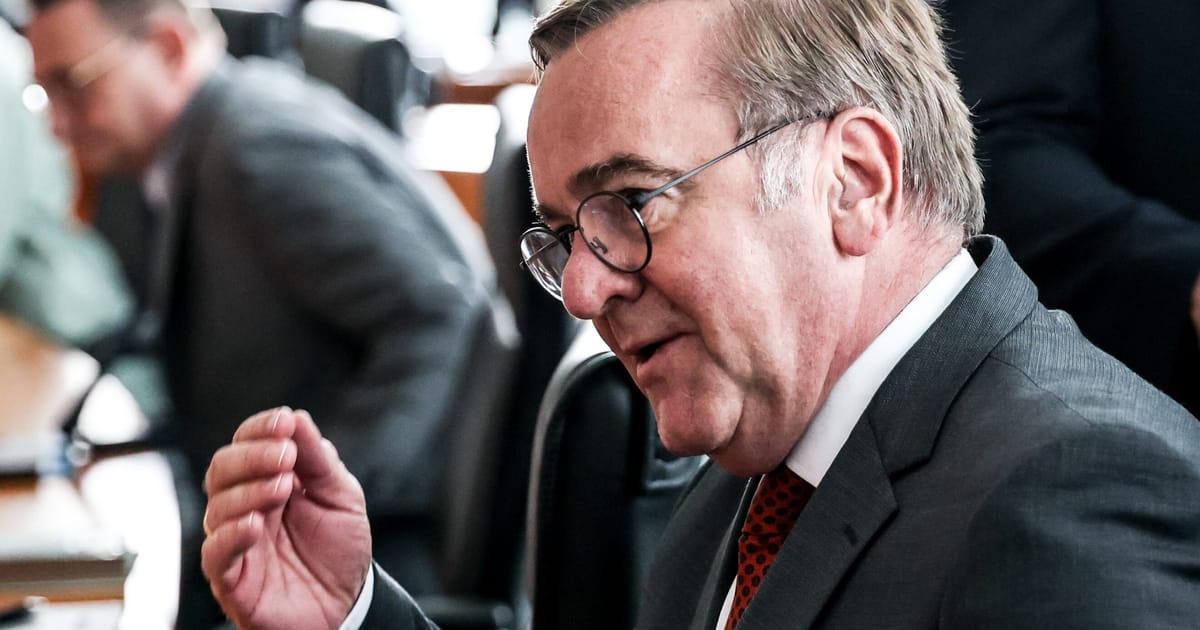The Future Combat Air System (FCAS) was launched in 2017 by President Emmanuel Macron and then-Chancellor Angela Merkel, and now also includes Spain. It is co-led by France’s Dassault, Germany’s Airbus Defence and Space and Spain’s Indra, and is designed to deliver a next-generation fighter jet by 2040.
But it’s currently bogged down in disagreements over the work share, which Paris and Berlin are trying to solve. Dassault wants to take the lead in making the FCAS New Generation Fighter (NGF), amid notoriously fraught relationships with Airbus.
For Paris and Berlin, one of the crucial questions is whether the companies can meet the 2040 deadline, which is non-negotiable on the French side. Concerns shared by Dassault that the program’s current organization could lead to delays must be “heard,” Lecornu said, while adding that the industrial work share is ultimately a “political decision.”
Another hurdle has been Germany’s strict export policy. Berlin has previously refused to sell weapons to countries with dubious human rights records, while France sells armaments to Gulf countries such as Qatar.
Pistorius, however, was keen to assuage France’s concerns. “Our partners in joint armaments projects must be able to rely on us — especially when it comes to exports,” he said, adding that the European Commission should have no role whatsoever in arms exports.
“Phase 1B ends in December, and that’s when decisions will have to be made. Once Phase 2 is validated, we’ll build the aircraft together,” Lecornu said, adding that the air forces and arms procurement agencies of the two countries will have to work together in the meantime.
